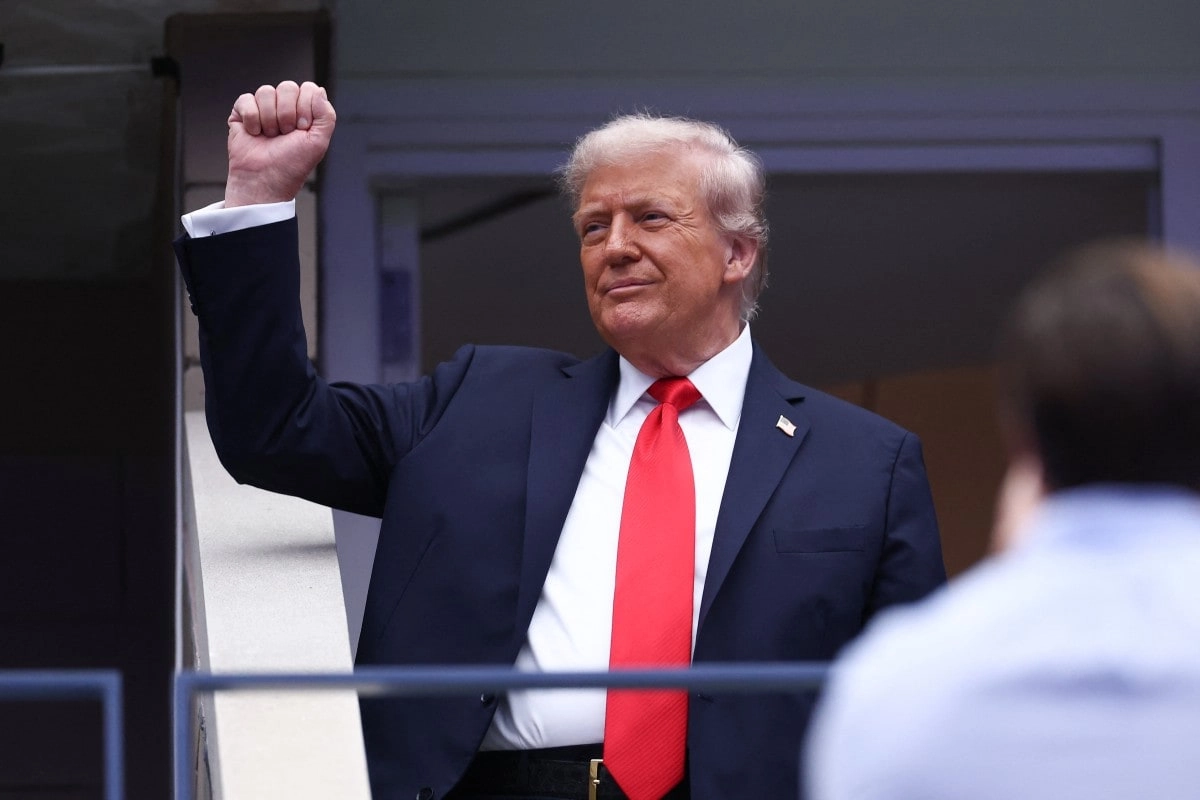Columbia University is reportedly in discussions regarding a potential settlement that could amount to $200 million with the Trump administration. This news has emerged as part of ongoing negotiations surrounding a contentious issue that has captured the attention of both educational institutions and political observers. The settlement is believed to stem from disputes related to federal funding and policies enacted during the Trump presidency, which significantly impacted various universities across the country.
The context of this situation involves the Trump administration’s approach to higher education funding and its implications for institutions like Columbia. Many universities faced challenges during this period, particularly concerning federal grants and compliance with new regulations that were often criticized as politically motivated. The discussions around the settlement signal an attempt by Columbia University to resolve these disputes amicably, although the details of the negotiations remain largely under wraps.
If finalized, the $200 million settlement could have far-reaching implications, not just for Columbia but also for other universities navigating similar challenges. The outcome may set a precedent regarding how educational institutions engage with federal policy and funding moving forward. Furthermore, it highlights the complex relationship between academia and government, particularly in an era where educational funding is often intertwined with political agendas. As the situation develops, it will be essential to monitor how these negotiations unfold and their potential impact on the broader landscape of higher education in the United States.
In essence, Columbia University’s potential settlement reflects a crucial intersection between education and politics, illustrating the significant stakes involved for both parties. The university’s decision to pursue a settlement suggests a strategic move to secure its financial future and maintain its commitment to providing quality education amidst a changing political climate. As more information becomes available, stakeholders within the academic community are likely to watch closely, recognizing the implications that such agreements could have for the future of funding and governance in higher education.




